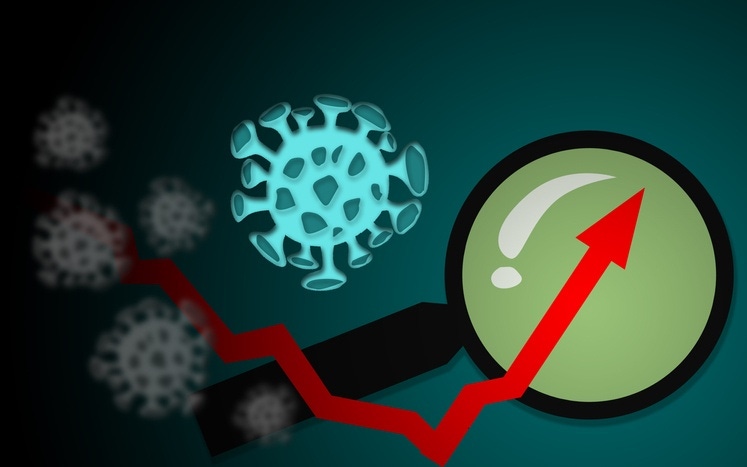Content Spotlight
Podcast: MilliporeSigma says education vital to creating unbreakable chain for sustainability
MilliporeSigma discusses the importance of people, education, and the benefits of embracing discomfort to bolster sustainability efforts.
June 14, 2021

COVID-19 driven investments in vaccine production capacity will help relieve existing bottlenecks as the pandemic recedes, according to the authors of a new report.
Demand for vaccine production capacity increased significantly last year as pharmaceutical industry efforts to develop effective jabs accelerated. The contract development and manufacturing organization (CDMO) sector’s response has been to invest in vaccine and vector production capacity, says Fiona Barry from GlobalData.
“We’re seeing very high investment in vaccine-related contract manufacturing, by dedicated CDMOs and by excess capacity pharma manufacturers.

Image: iStock/tang90246
“The wave of investment in viral vector manufacturing began before the pandemic, although of course the need for adenovirus for COVID-19 recombinant vector vaccines, has intensified demand.”
Barry and colleagues looked at the CDMO landscape in a report last month, noting that COVID-19 has had a significant impact on investment in capacity the sector, particularly for the production of viral vectors needed for mRNA based vaccines.
She said, “Lonza has a 10-year manufacturing contract with Moderna. It has built extra manufacturing lines for Moderna’s vaccine in Portsmouth, New Hampshire, and Visp, Switzerland.
“Univercells and Exyte are creating modular facilities for fast production of large volumes of a COVID-19 vaccine – similar to Cytiva’s KuBio offering,” Barry continued.
Capacity for adenovirus vectors is also likely to see additional investment from CDMOs, according to Barry.
“The model in our report shows that there is not enough capacity worldwide to manufacture viral vector for J&J’s and AstraZeneca’s COVID-19 vaccines, and for cell and gene therapies, along the timelines we would all prefer.
“However, the industry is working hard to improve timelines, partly by investing in more capacity, and also by working on more efficient production methods, both upstream and downstream. Virus manufacturing needs a revolution in production similar to that of monoclonal antibodies over the last couple of decades; with greater standardization of platforms.”
And CDMO capacity investments prompted by the pandemic are likely to benefit the wider sector, particularly cell and gene therapy developers according to Barry.
“Even before the pandemic, there was a bottleneck in cell and gene therapy manufacturing, especially for production of viral vectors. This will only be exacerbated as some of the coming wave of pipeline advanced therapies is approved – there are almost 3,000 gene therapies and gene-modified cell therapies in development from discovery to clinical stage.
“So CDMOs investing in virus manufacturing now for COVID-19 recombinant vector vaccines will be able to use these facilities for regenerative medicines in future.
“On the mRNA side – for Pfizer/BioNTech’s and Moderna’s vaccines – the equipment for manufacture is expensive. But after this initial outlay, raw materials for mRNA manufacture are relatively low-cost. So CDMOs will be able to use the same tech for future products.”
There are more than 100 mRNA vaccines in development for non-COVID-19 indications, either infectious diseases or oncology according to a separate GlobalData report.
You May Also Like